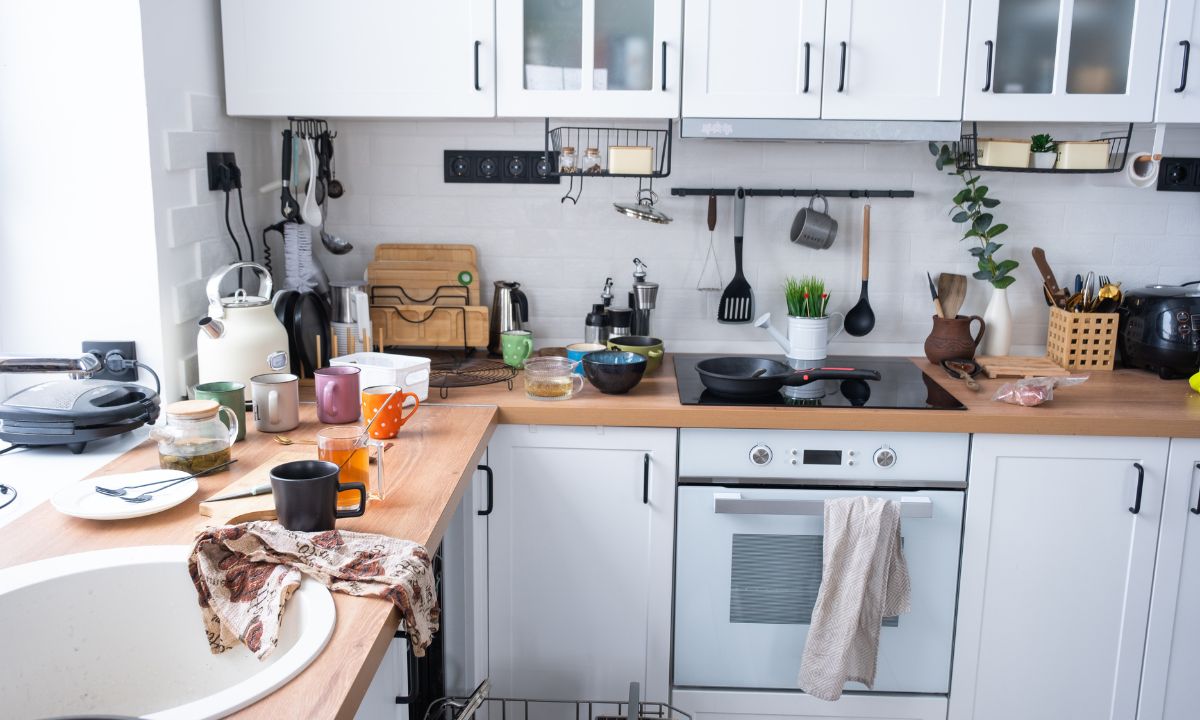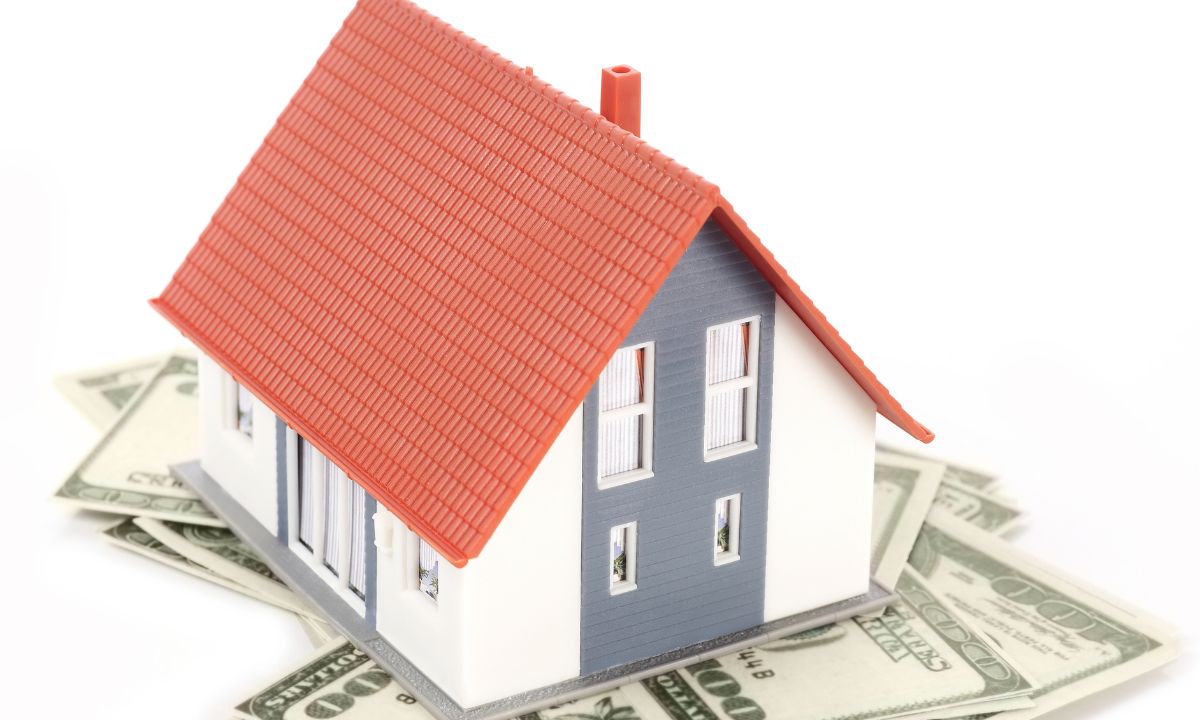
This week, the Federal Reserve’s preferred inflation data was released, and the results met expectations. This, along with recent GDP estimates, employment reports, and personal income/spending figures, paints a stable economic picture. It suggests that we may be on track for the Federal Reserve’s next round of rate cuts. The Federal Reserve has consistently stated its 2% inflation target and current figures show inflation at 2.1%. This indicates that a ‘soft landing’ for the economy could be within reach.
PCI Index
Prices in the U.S. rose modestly in September, but not enough to suggest inflation is rekindling or to prevent the Federal Reserve from cutting interest rates. The Fed’s preferred PCE index moved up 0.2% last month, the government said Thursday. That matched the forecast of economists polled by The Wall Street Journal.
The increase in inflation in the past 12 months slowed to 2.1% from 2.3%, leaving it just a hair above the Fed’s 2% target.
Consumer Spending
Consumer spending and incomes both rose in September, signaling continued strength in the primary driver of the U.S. economy. Household spending increased by a solid 0.5% for the month, surpassing the 0.4% rise economists had anticipated in a Wall Street Journal poll. Incomes also grew by 0.3% in September. Overall, consumer spending surged by 3.7% in the third quarter, marking the largest increase in a year and a half.
GDP (Estimates)
The U.S. grew at a brisk 2.8% annual pace in the third quarter, powered by another sharp increase in consumer spending that appears primed to extend a four-year-old economic expansion into next year.
Primary Mortgage Market Survey Index
- 15-Yr FRM rates saw an increase of 0.28% with the current rate at 5.99%
- 30-Yr FRM rates saw an increase of 0.18% with the current rate at 6.72%
MND Rate Index
- 30-Yr FHA rates saw a 0.26% increase for this week. Current rates at 6.62%
- 30-Yr VA rates saw a 0.26% increase for this week. Current rates at 6.64%
Jobless Claims
Initial Claims were reported to be 216,000 compared to the expected claims of 228,000. The prior week landed at 227,000.
What’s Ahead
Next week, the Federal Reserve is set to announce another rate decision, followed by several other important reports. These include final manufacturing figures from S&P Global PMI data, the University of Michigan Consumer Sentiment report, and Consumer Credit reports.
 When selling your home, even minor repairs can make a big impact on its value and appeal to buyers. Addressing small issues before listing your property can help you stand out in the market and potentially increase your sales price—without needing to spend much. Here are some small but effective repairs that can help you make a lasting impression on buyers.
When selling your home, even minor repairs can make a big impact on its value and appeal to buyers. Addressing small issues before listing your property can help you stand out in the market and potentially increase your sales price—without needing to spend much. Here are some small but effective repairs that can help you make a lasting impression on buyers. As the leaves turn and the air gets crisp, many of us start thinking about renovations that can make our homes more appealing—especially with Halloween right around the corner! Whether you’re preparing for spooky festivities or planning a future sale, the right renovations can turn your home into a valuable gem. Let’s dive into some hauntingly good renovations that can raise your home’s value without leaving you in a fright!
As the leaves turn and the air gets crisp, many of us start thinking about renovations that can make our homes more appealing—especially with Halloween right around the corner! Whether you’re preparing for spooky festivities or planning a future sale, the right renovations can turn your home into a valuable gem. Let’s dive into some hauntingly good renovations that can raise your home’s value without leaving you in a fright! Moving into a new home is an exciting milestone, but it’s important to remember that making the house feel like home involves more than just unpacking boxes. Building good relationships with your neighbors can help you settle in more quickly and foster a sense of belonging in your new community. Here are a few simple but effective ways to get to know your neighbors and create a welcoming environment.
Moving into a new home is an exciting milestone, but it’s important to remember that making the house feel like home involves more than just unpacking boxes. Building good relationships with your neighbors can help you settle in more quickly and foster a sense of belonging in your new community. Here are a few simple but effective ways to get to know your neighbors and create a welcoming environment. As a first-time homebuyer, one of the biggest decisions you’ll face is whether to buy a cozy condo or invest in a larger home. Both options have their perks, and while condos may initially seem more affordable and convenient, opting for a larger home can offer significant long-term advantages that make it a better investment. Here’s why splurging on a larger home might be the right move for your future.
As a first-time homebuyer, one of the biggest decisions you’ll face is whether to buy a cozy condo or invest in a larger home. Both options have their perks, and while condos may initially seem more affordable and convenient, opting for a larger home can offer significant long-term advantages that make it a better investment. Here’s why splurging on a larger home might be the right move for your future.
 When it comes to selling your home, one of the biggest hurdles many people face is clutter. After years of living in the same space, it’s easy to accumulate items that hold sentimental value, making it challenging to let go. However, clutter can significantly impact how potential buyers perceive your home, even if you don’t realize it. Here’s how to tackle clutter in various areas of your home to create a welcoming environment that attracts buyers.
When it comes to selling your home, one of the biggest hurdles many people face is clutter. After years of living in the same space, it’s easy to accumulate items that hold sentimental value, making it challenging to let go. However, clutter can significantly impact how potential buyers perceive your home, even if you don’t realize it. Here’s how to tackle clutter in various areas of your home to create a welcoming environment that attracts buyers. Moving to a new home can be an exciting adventure, especially for families. However, for children, it can also bring a mix of emotions. As a parent, you play a crucial role in helping your kids transition smoothly. Here are some strategies to prepare your children for the big move while also navigating the process effectively.
Moving to a new home can be an exciting adventure, especially for families. However, for children, it can also bring a mix of emotions. As a parent, you play a crucial role in helping your kids transition smoothly. Here are some strategies to prepare your children for the big move while also navigating the process effectively.
 Selling your home can be an exciting yet daunting process, and one of the most pressing questions you may have is, “What will it cost me?” The total expenses involved in selling a home can fluctuate based on various factors, including the sale price, any concessions you might offer to buyers, and the condition of your property. Understanding these costs upfront can help you plan better and minimize surprises down the road.
Selling your home can be an exciting yet daunting process, and one of the most pressing questions you may have is, “What will it cost me?” The total expenses involved in selling a home can fluctuate based on various factors, including the sale price, any concessions you might offer to buyers, and the condition of your property. Understanding these costs upfront can help you plan better and minimize surprises down the road.